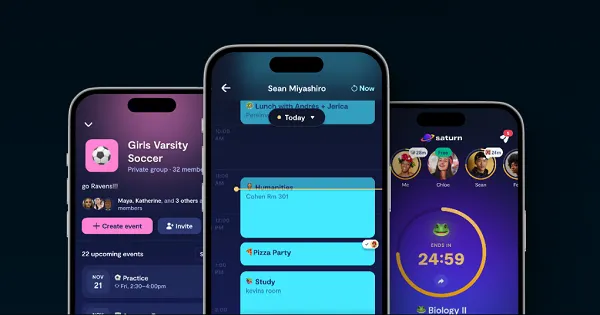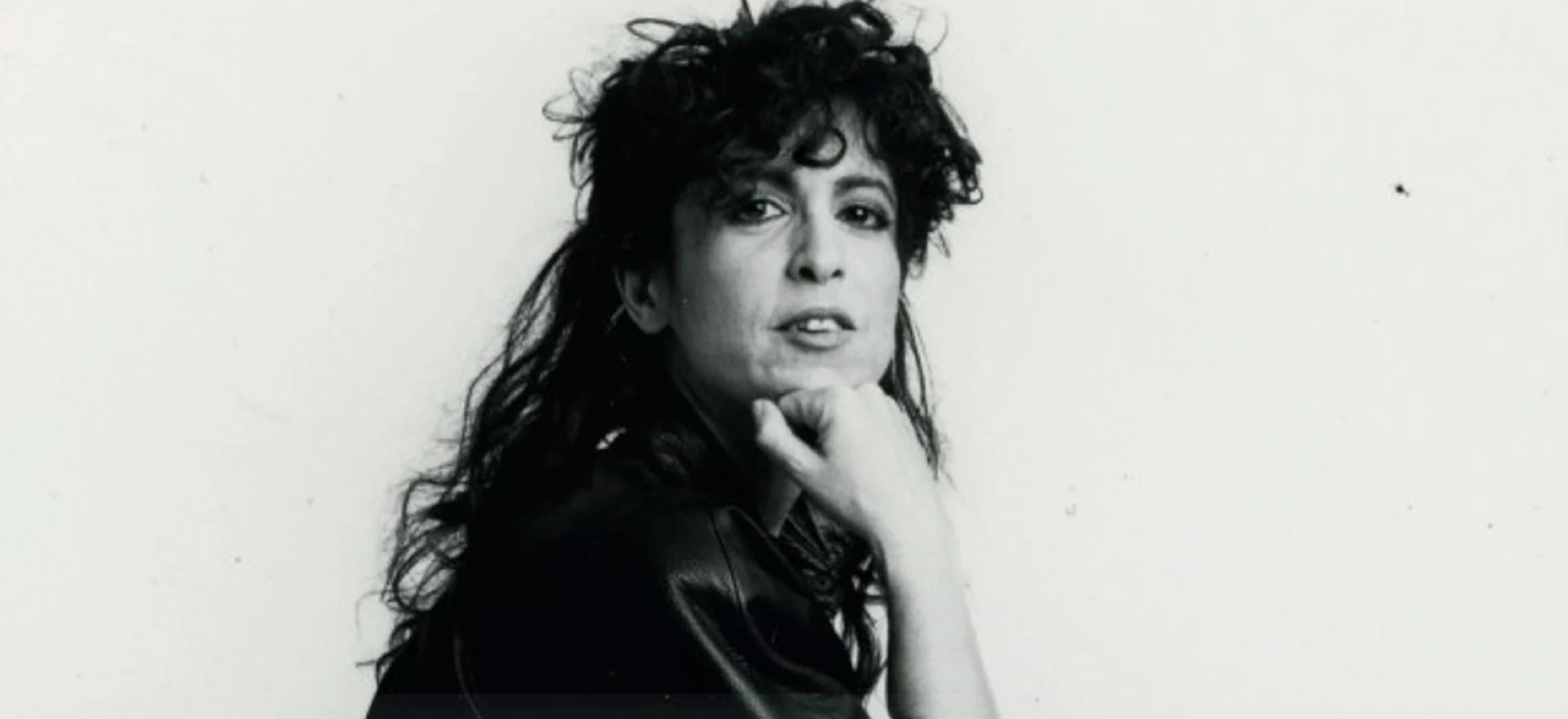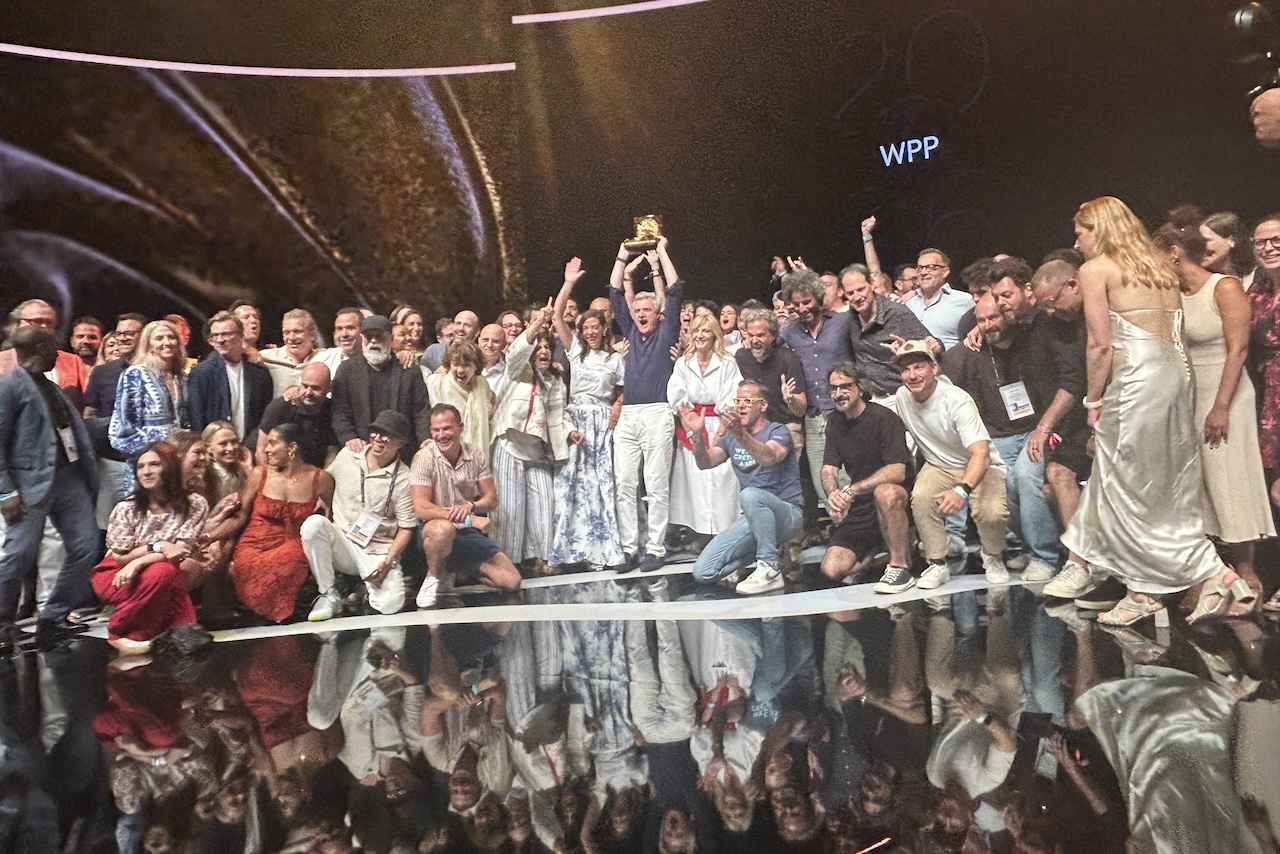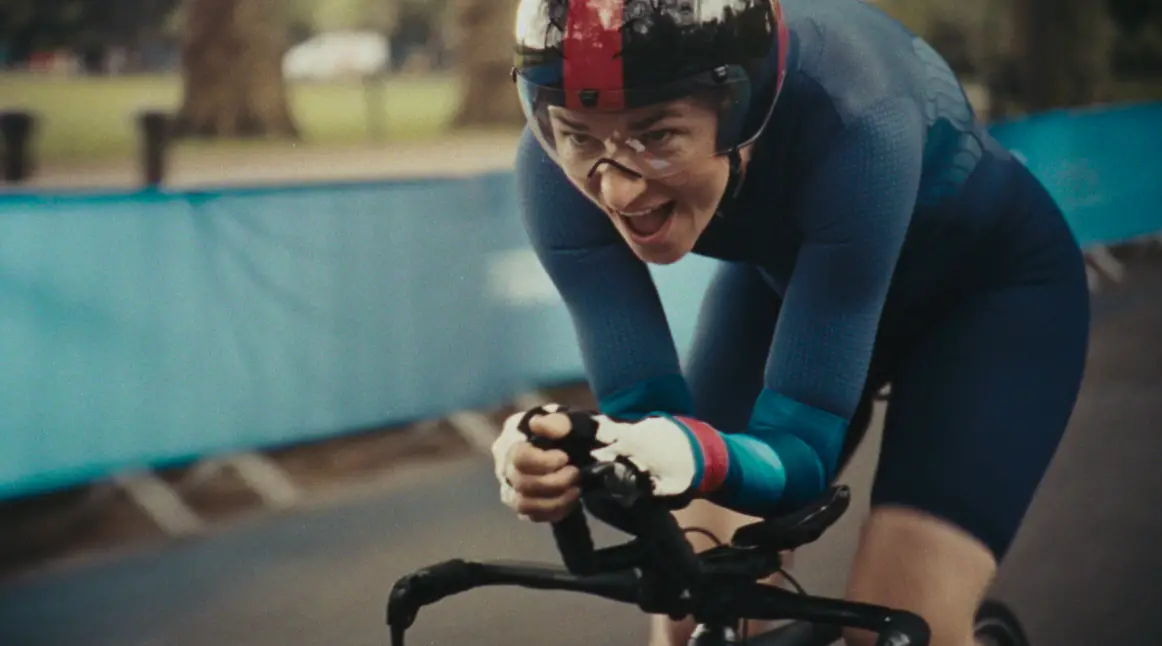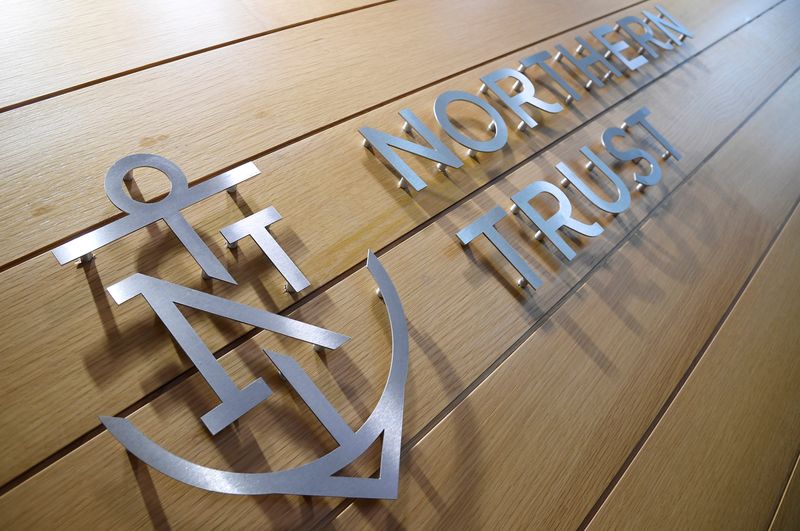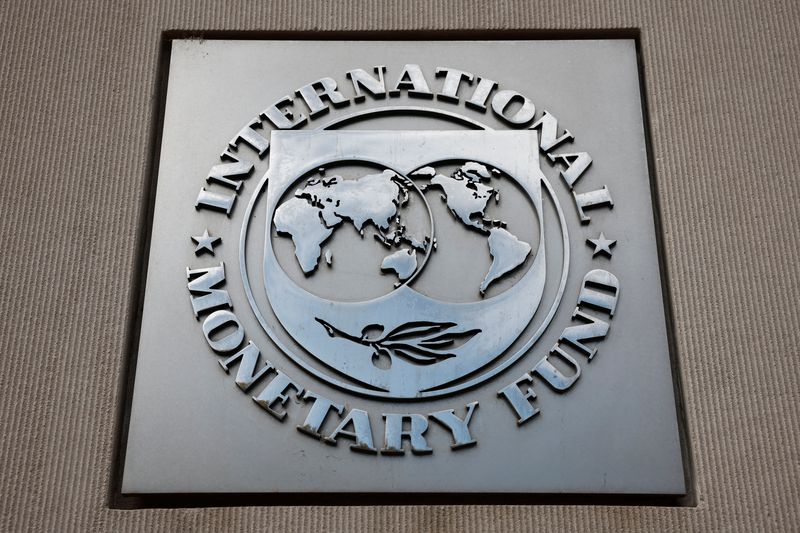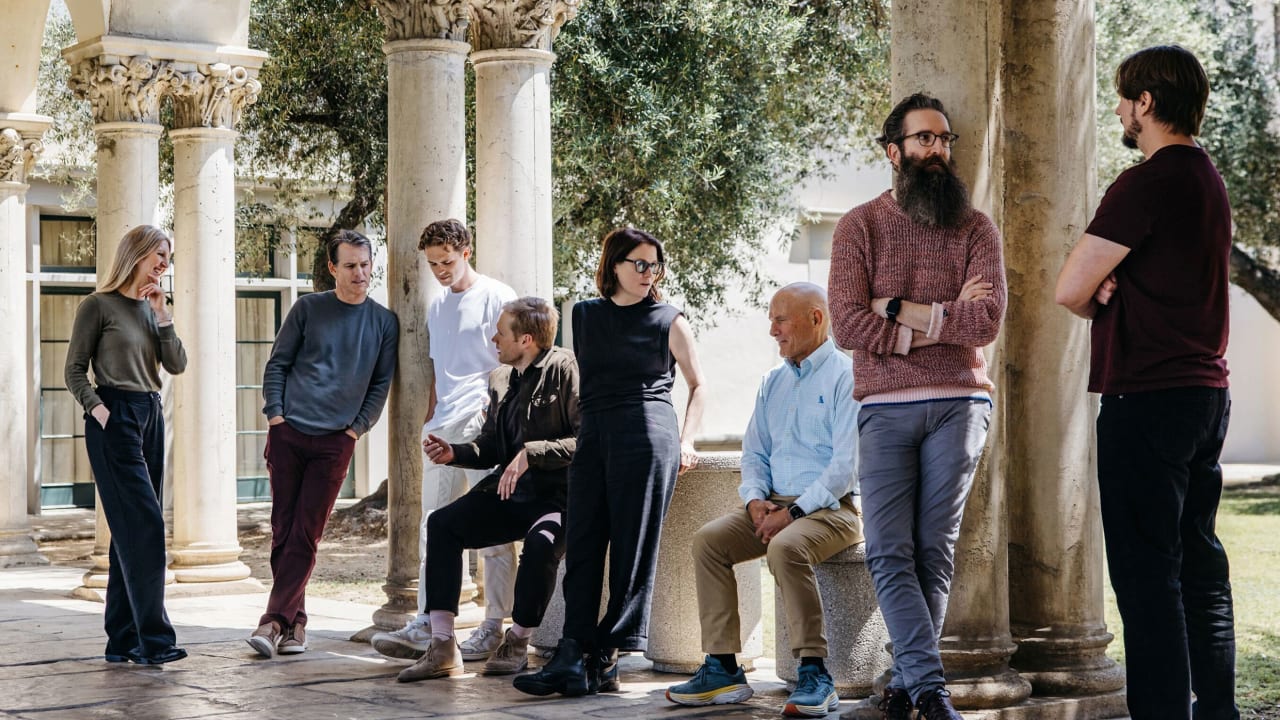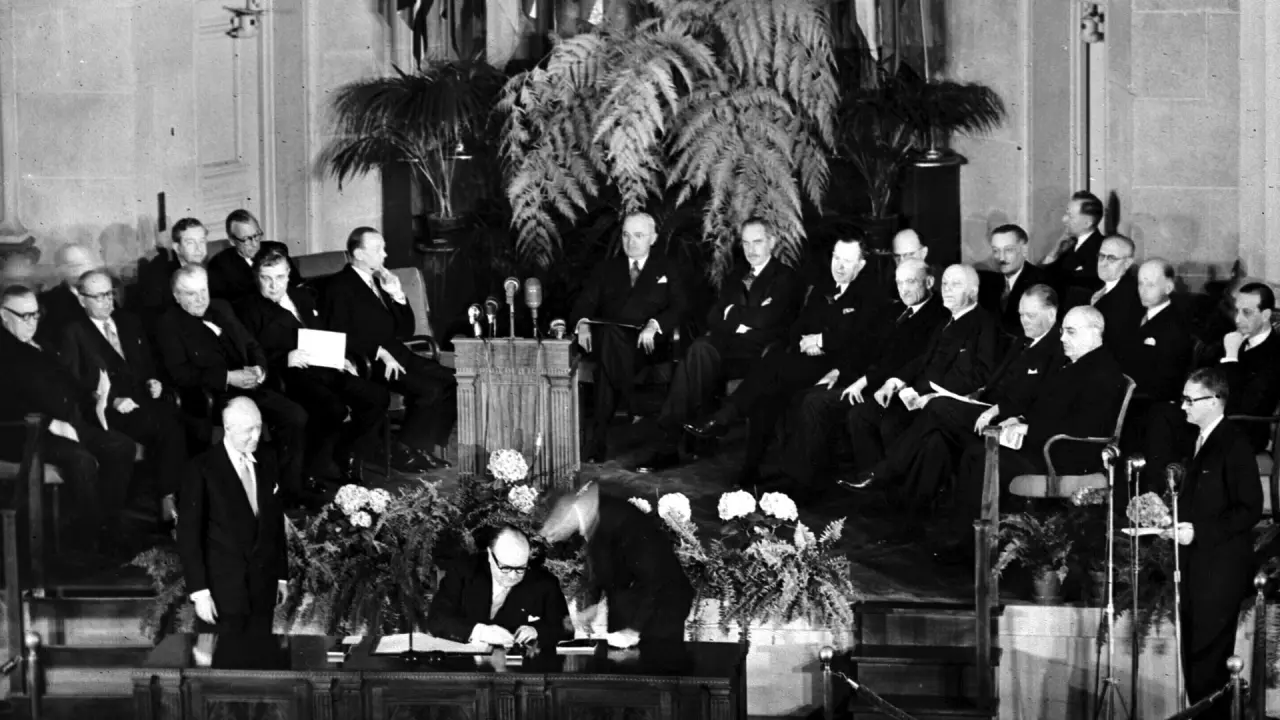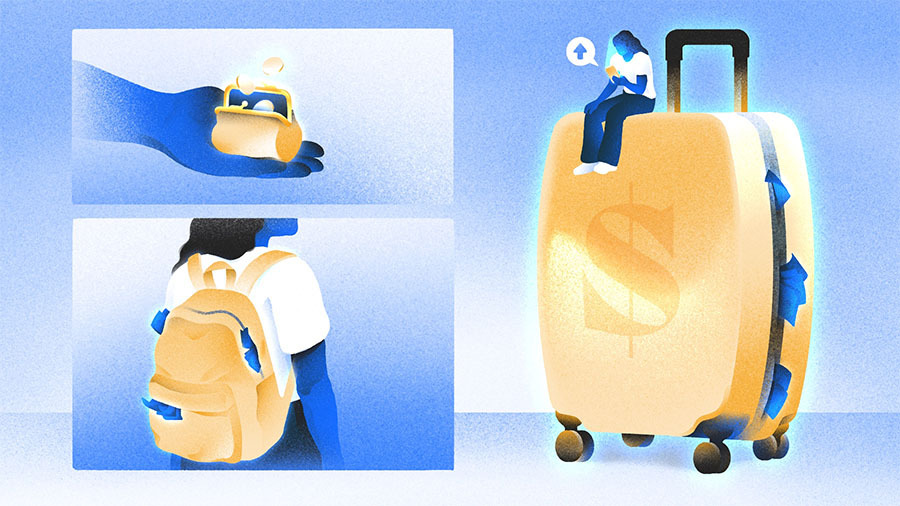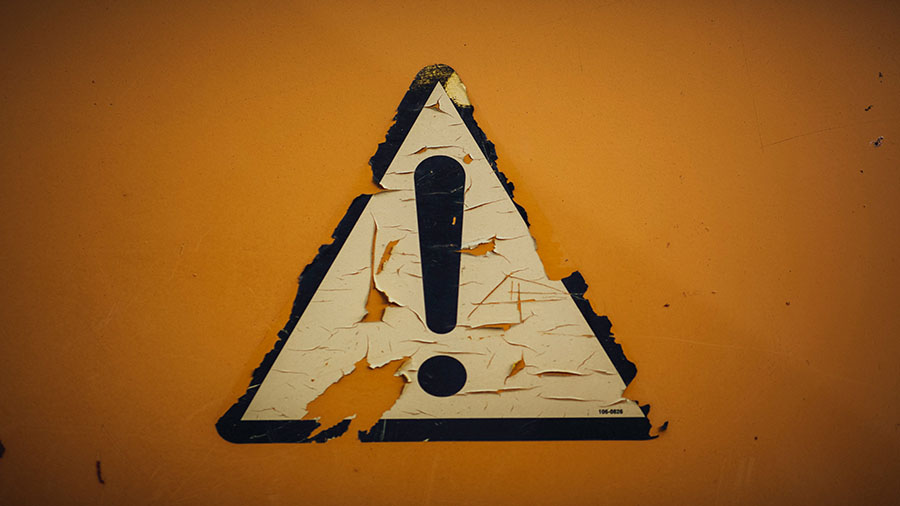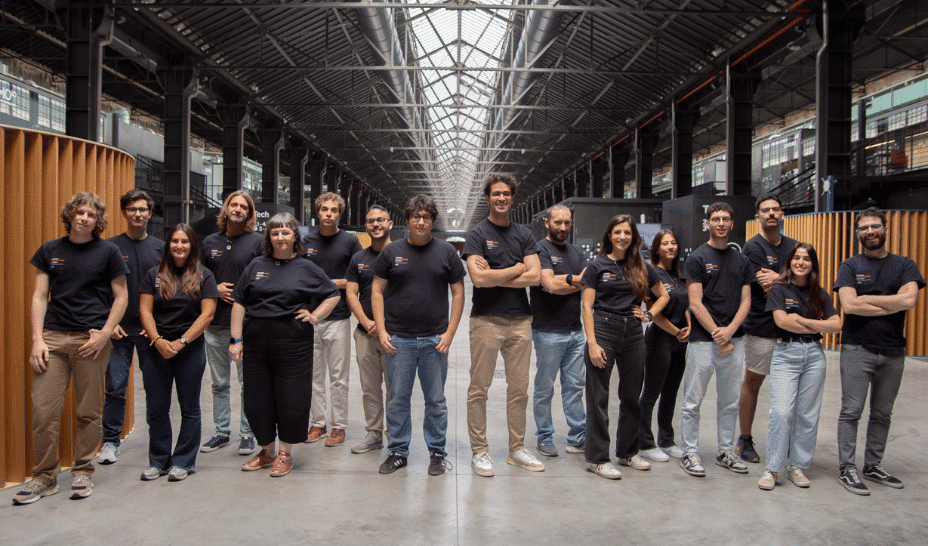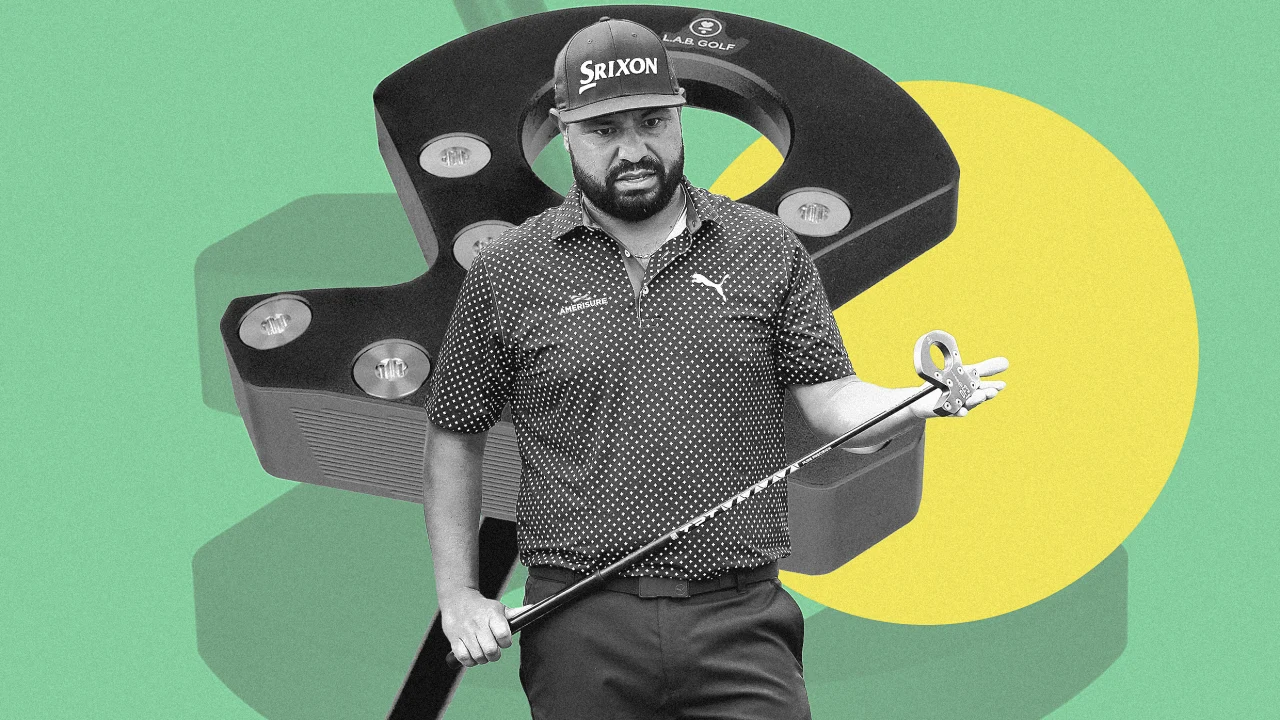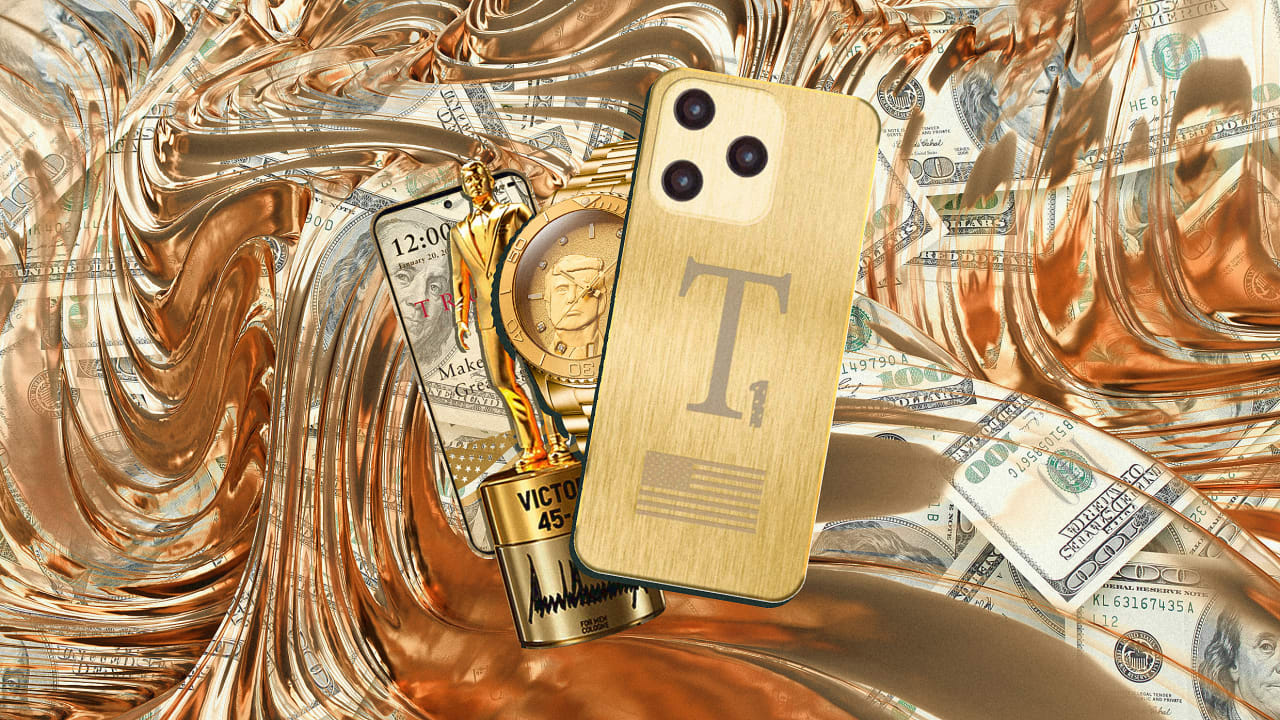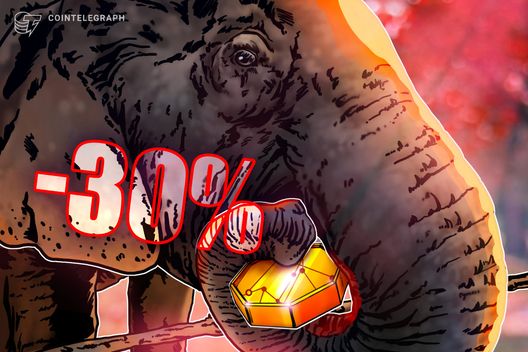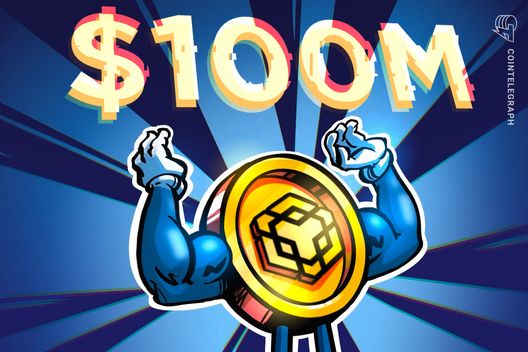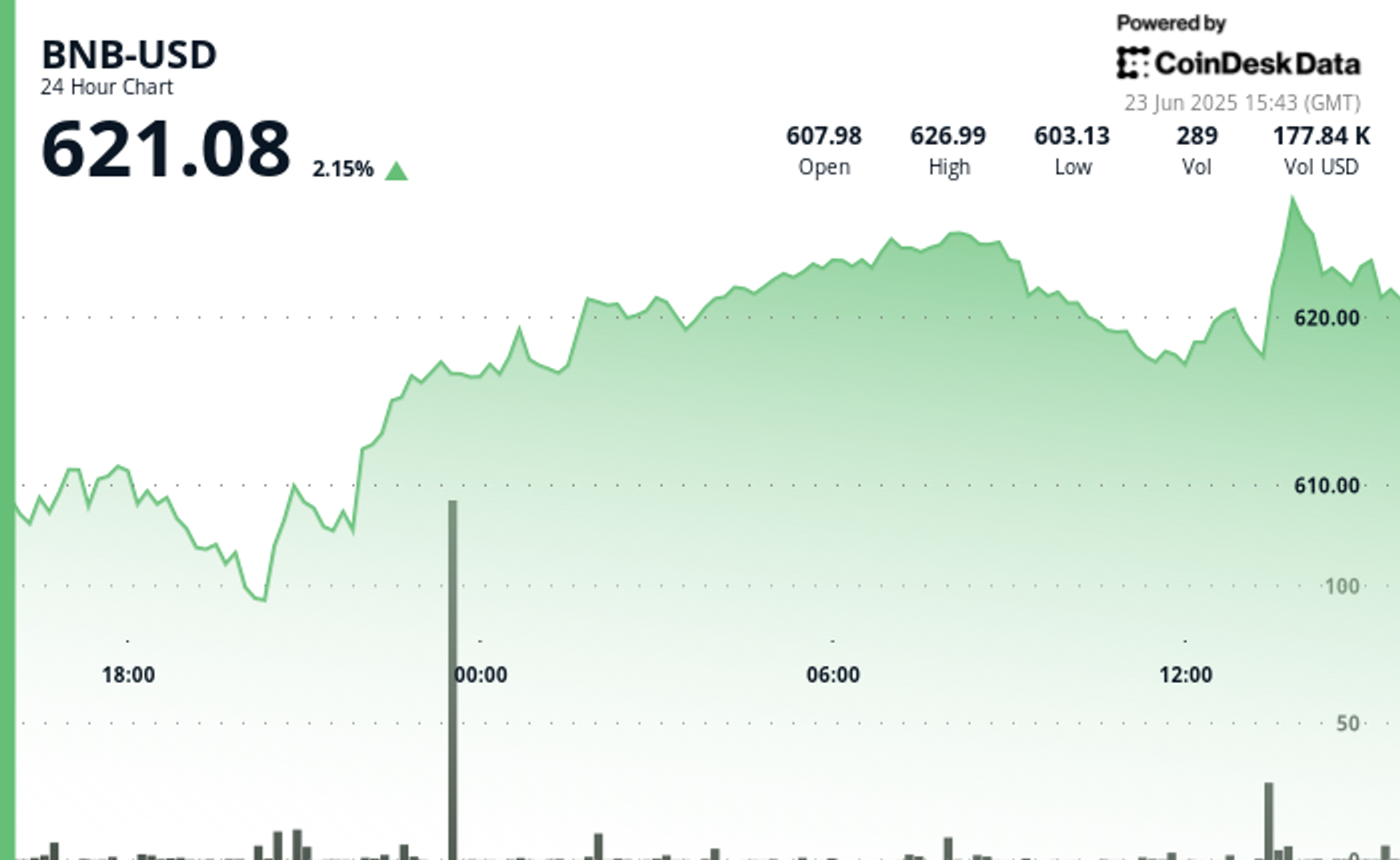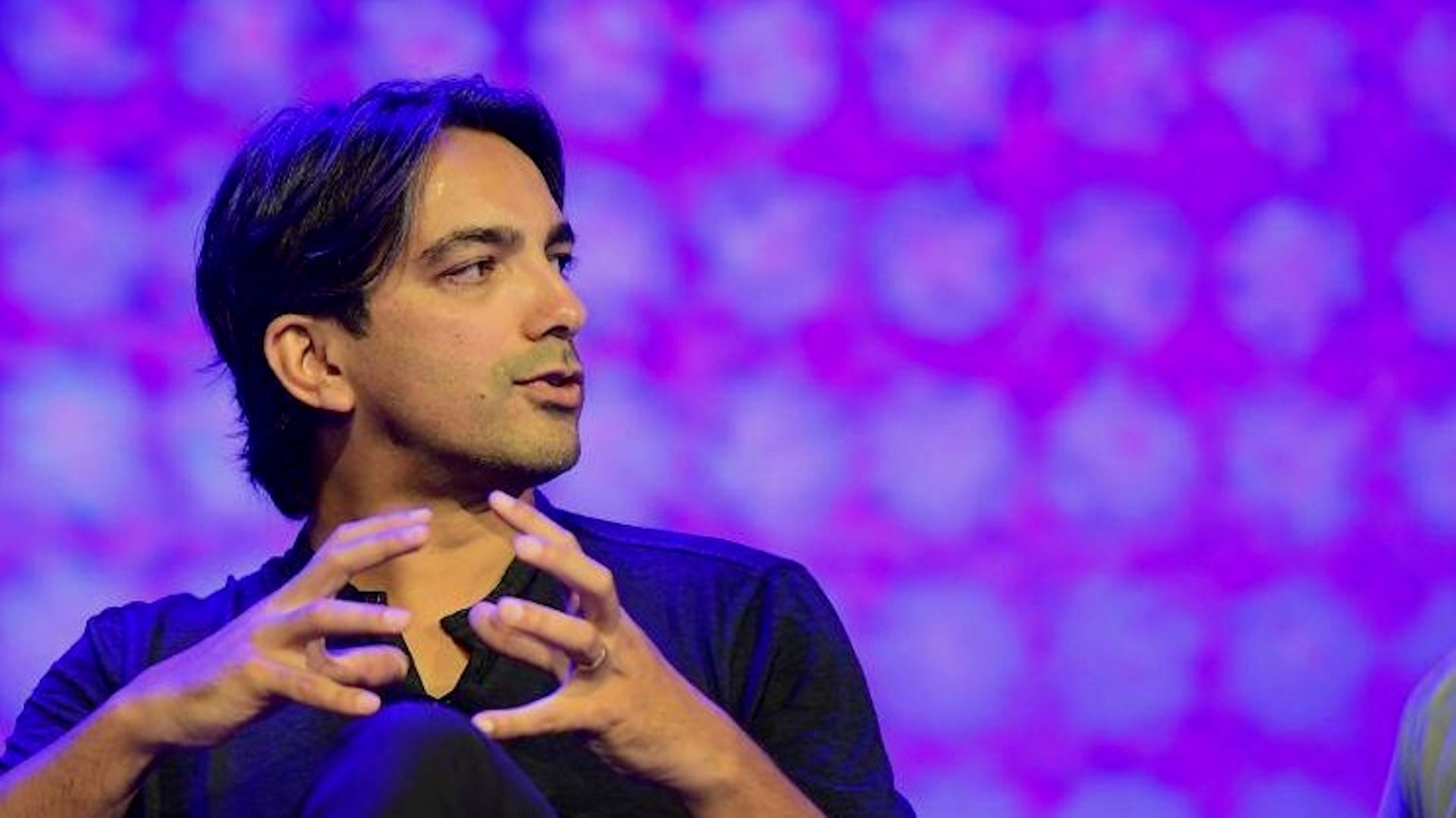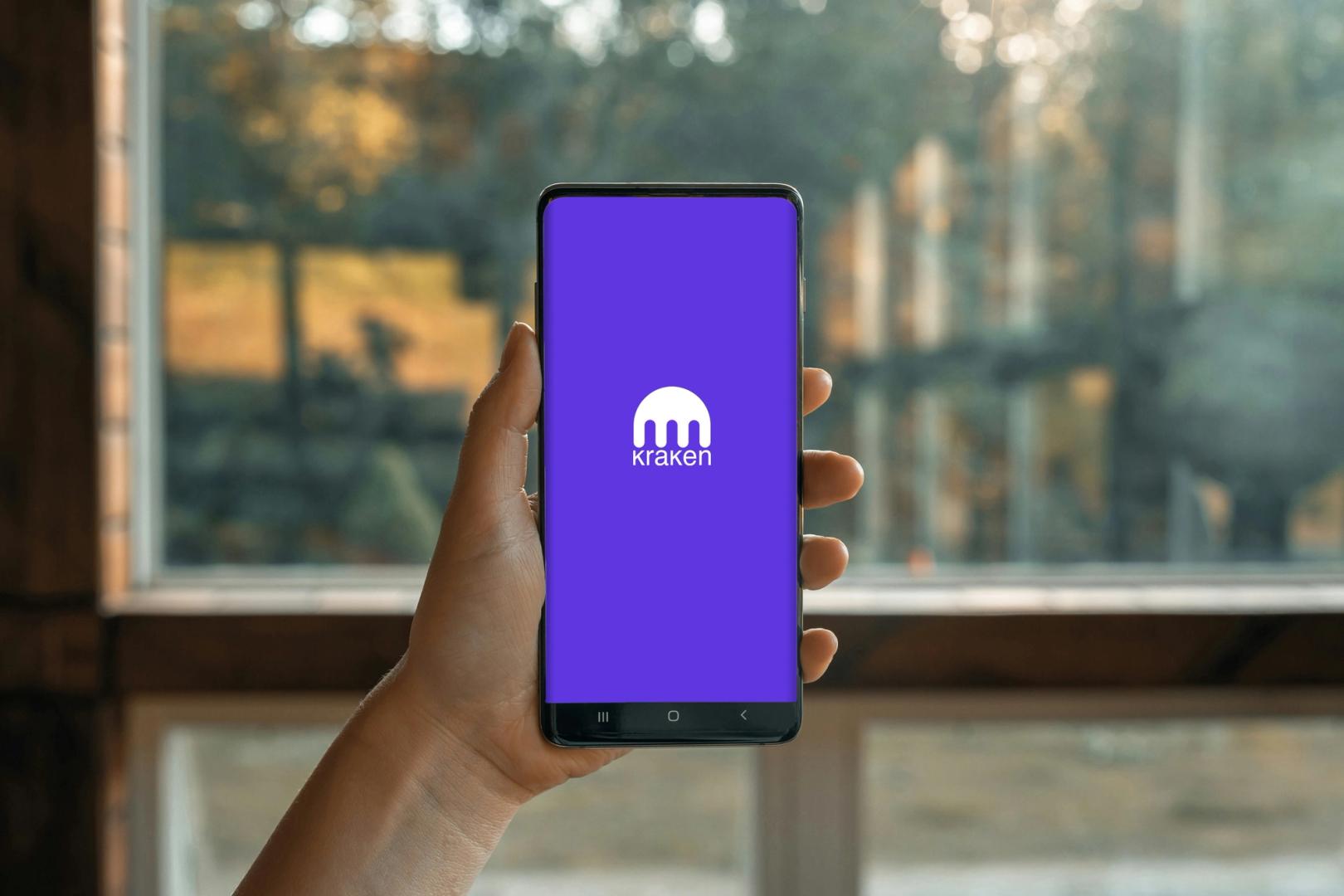Ikigai decoded: 10 lessons from the Japanese philosophy
Explore 10 profound life lessons from Ikigai—a Japanese philosophy that offers calm, purpose, and longevity in today’s fast-paced world.


In recent years, Ikigai has become one of those words you hear everywhere—from wellness podcasts to productivity workshops. Some call it the Japanese secret to a long and happy life, while others dismiss it as just another overused self-help trend. But dig a little deeper, and you'll discover a philosophy that is both ancient and astonishingly relevant in today’s burnout culture.
Written by Héctor García and Francesc Miralles, the bestselling book Ikigai: The Japanese Secret to a Long and Happy Life explores the lives of Okinawan centenarians—people who live healthily beyond 100 years. It doesn’t sell you productivity hacks or glorify hustle culture. Instead, it gently invites you to ask a powerful question: “What makes me wake up in the morning?”
What makes Ikigai stand out is not its trendiness, but its timelessness. It merges philosophy, psychology, and lived wisdom into a practical guide that helps us move from chaos to calm, and from mere existence to meaningful living.
Why Ikigai still matters in our burnout culture
1. Know your Ikigai: Your reason for being
Everyone has an ikigai—a reason to jump out of bed with enthusiasm. For some, it's their career. For others, it's painting, gardening, volunteering, or being a parent. The book emphasises that your ikigai doesn’t have to be impressive to others; it only has to resonate with you deeply.
Real-life example: In Okinawa, a 102-year-old woman’s ikigai was simply talking to her great-grandchildren and sharing stories from the past. She didn’t see it as grand—but it gave her days meaning.
2. Purpose over retirement
Western culture idealises retirement as a reward for a life of hard work. But in Okinawa, people never really "retire" in the traditional sense. They stay mentally, emotionally, and socially engaged through meaningful tasks.
Even into their 90s and beyond, Okinawan elders continue to practice their craft—be it farming, weaving, or playing music—not for money, but for joy.
“Retiring early isn’t the goal—staying engaged is.”
3. Movement is life: Stay active daily
One of the secrets to the Okinawans’ long life? They never stop moving. But that doesn’t mean they hit the gym or follow intense routines. Instead, they garden, walk, climb stairs, and cook—keeping their bodies active through natural movement.
Takeaway: Movement doesn’t have to be structured to be beneficial. Choose joy-driven activities like dancing, stretching, or evening walks.
4. Slow down: Life is not a sprint
Modern life is all about speed—quick answers, instant food, and productivity hacks. Ikigai gently reminds us to slow down, to be fully present in each moment. This doesn’t just reduce stress—it also increases joy.
“When you walk slowly, you see the details. When you rush, you miss life.”
Try this: Eat your next meal without screens. Chew slowly. Appreciate the textures. That’s living the ikigai way.
5. The power of Moai: Your social circle matters
Moai is a lifelong group of friends who support each other emotionally and even financially in times of need. Okinawans credit their strong sense of belonging and community as a major factor in their well-being.
Reflection: Who is your moai? Who can you call at 2 AM without hesitation? Nourish those relationships—they’re your emotional safety net.
6. Eat until you’re 80% full – Hara Hachi Bu
The Okinawan practice of hara hachi bu—eating only until you’re 80% full—is a game-changer. It’s not just about discipline; it’s about listening to your body and being mindful of your habits.
This practice reduces overeating, lowers inflammation, and enhances longevity. It's not a diet. It's a mindset.
Small step: Use smaller plates. Chew 20 times before swallowing. Pause before second helpings.
7. Get into flow: The joy of being fully absorbed
Flow is that magical state when you’re completely immersed in an activity—time disappears, your worries fade, and you’re just… there. According to Ikigai, experiencing flow regularly is a key ingredient to happiness.
Tip: Identify what gives you flow—writing, cooking, playing music, solving puzzles—and schedule more of it into your week.
“The happiest people are not the ones chasing pleasure—they’re the ones engaged in meaningful work.”
8. Embrace imperfection: Wabi-Sabi wisdom
Life isn’t perfect. You aren’t perfect. And that’s okay. The Japanese philosophy of wabi-sabi teaches us to find beauty in imperfection and simplicity. Ikigai invites us to stop obsessing over the flawless version of life and embrace the one we have—with all its cracks, messiness, and unpredictability.
Visualise this: A cracked tea cup, carefully repaired with gold in the Japanese art of kintsugi, becomes even more beautiful.
9. Live in the now: Mindfulness as a lifestyle
The book promotes being present—not just during meditation but in everyday tasks. Washing dishes, walking to work, or sipping tea—each moment is an invitation to connect deeply with life.
Mini practice: For five minutes a day, put your phone away and focus only on one task—drinking water, brushing your hair, or watching the sky.
10. Give more than you take
A fulfilling life is one that contributes. The elders in Okinawa don’t seek personal glory—they find meaning in serving their families, neighbors, and communities. Giving is their way of staying connected and relevant.
Final thoughts
Ikigai is not about quitting your job or moving to a remote island. It’s about aligning with what matters—consistently, quietly, and intentionally. It reminds us that life isn’t a race to the top, but a gentle unfolding of purpose, connection, and joy.
So, if you’re tired of loud advice and one-size-fits-all success formulas, let Ikigai show you a more graceful way of living—one breath, one habit, one purpose at a time.





![Is ChatGPT Catching Google on Search Activity? [Infographic]](https://imgproxy.divecdn.com/RMnjJQs1A7VQFmqv9plBlcUp_5Xhm4P_hzsniPsfHiU/g:ce/rs:fit:770:435/Z3M6Ly9kaXZlc2l0ZS1zdG9yYWdlL2RpdmVpbWFnZS9kYWlseV9zZWFyY2hlc19pbmZvZ3JhcGhpYzIucG5n.webp)
